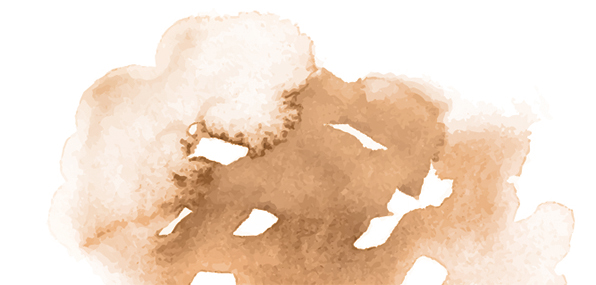

INFORMATION TO BE USED AT YOUR OWN RISK.
Any suggestions or opinions voiced in these pages are those of the authors, and in no way to be constructed as final treatment advice. They are intended as a starting point to develop your own preparation and treatment plan. Please consult your medical and/or psychological experts or caregivers to fine-tune the advice and suggestions for your own unique needs.


POST-NATAL DEPRESSION AND BABY BLUES
BABY BLUES
- More or less 80% of new mothers experience a normal dose of the baby blues after childbirth
- This is brought on by the hormonal levels returning to a normal level after pregnancy
- Symptoms include feeling weepy, hypertensive, anxious and alone in the world
- Physically, it might feel like having bad PMT
- The symptoms subside naturally after a few weeks
- More or less 80% of new mothers experience a normal dose of the baby blues after childbirth
- This is brought on by the hormonal levels returning to a normal level after pregnancy
- Symptoms include feeling weepy, hypertensive, anxious and alone in the world
- Physically, it might feel like having bad PMT
- The symptoms subside naturally after a few weeks
- The symptoms subside naturally after a few weeks
POST-NATAL DEPRESSION
- 1 in 15 new mothers are affected by PND. Even women who have never before suffered from depression, could develop PND
- Symptoms of PND normally appear within one month of the birth, but may also start up to six months after the birth
- As opposed to the baby blues, PND is not solely due to hormonal fluctuations
- Common factors that contribute to PND include psychological and social factors (e.g. responsibilities and obligations she feels as a new mother); physiological factors (e.g. hormonal changes that follow childbirth) and family factors (e.g. support and spousal relationship)
- Symptoms might include disliking the child; the experience of panic attacks or extreme anxiety; feelings or statements that she wants to die; extreme sense of guilt, frustration and helplessness
- Women who had premature babies or sickly babies are more prone to developing PND
- It is important to not leave the symptoms untreated. Seek a medical examination and appropriate medical treatment
For more information and support, go to the Post Natal Depression Society website www.pndsa.co.za

